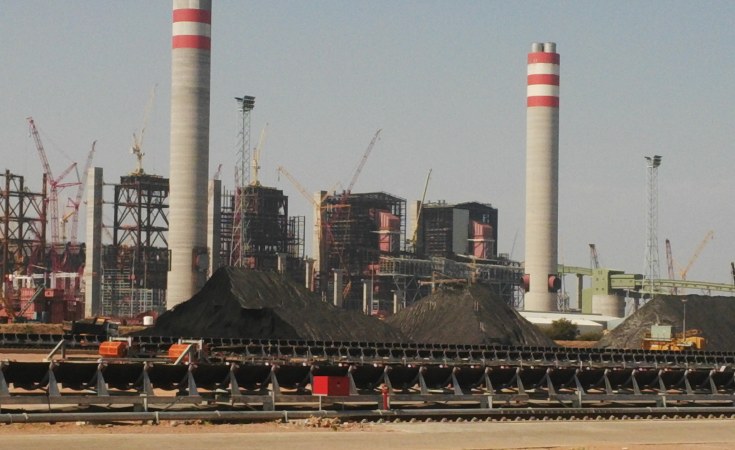Cape Town — The World Bank Board has announced in a press release that a U.S.$1 billion Development Policy Loan (DPL) has been offered to support the government's efforts to promote long-term energy security and a low carbon transition. The World Bank intends for the loan to tackle two aspect's of the nation's energy crisis:It will facilitiate the restructuring of the energy sector via the unbundling of Eskom, the nation's embattled power utility which recently saw board chairperson Mpho Makwana step down from the position. This is intended to redirect resources towards investments and maintenance of existing power plants.
Secondly, it will support a low carbon transition, most notably through private investment in sustainable energy including by households and small businesses, and strengthening carbon pricing instruments.
The move comes as the nation faces a protracted energy crisis which has had a marked negative impact on productivity and safety. Additionally, plans for a Just Energy Transition Partnership (JETP) are underway with Presidential Climate Commission Commissioner Joanne Yawitch saying in December 2022 that initial funding of about U.S.$86 billion (R1.5 trillion) to transition to a low carbon and climate resilient society for the five-year period 2023-2027. A JET, according to the Paris Agreement, rests on creating decent work and quality job opportunities, and implementing climate policy in a way that is fair, inclusive and leaves no one behind.
Whether meaningful change can come from the World Bank funding will have to be framed against other additional difficulties, one of the most important being the nation's reluctance to transition away from coal use. 85% of South Africa's electricity is produced in coal power plants, The Conversation Africa reported. This is much higher than all countries except Mongolia and Kosovo, both of which have a higher dependency with much smaller populations of three million and two million respectively. "South Africa's dependence on fossil fuels gives rise to a range of climate, energy and transition risks, especially for affected workers, communities, businesses and exporters. However, embracing new economic opportunities in green technologies can drive industrial development and innovation, leading to a sustainable and resilient future with decent work, social inclusion and lower levels of poverty," Yawitch said in 2022, according to SAnews.
South Africa's population currently stands at 62 million. Under the nation's current Integrated Resource Plan (IRP), which charts the nation's energy mix plan for the next few decades, 11.3GW of coal power at seven old plants are scheduled to be decommissioned by 2030. However, the legislation is currently under review with a draft IRP expected to be published for comment before the end of 2023. Furthermore, a new study from the Centre for Research on Energy and Clean Air has found delaying the decommissioning of South Africa's coal fleet may help with load shedding, but it will cause thousands of air pollution-related deaths and comorbidities, Daily Maverick reported. World Bank Development Loan to Bring Change to Coal-Dependent South Africa?
2023-10-31T11:37:00+05:30

